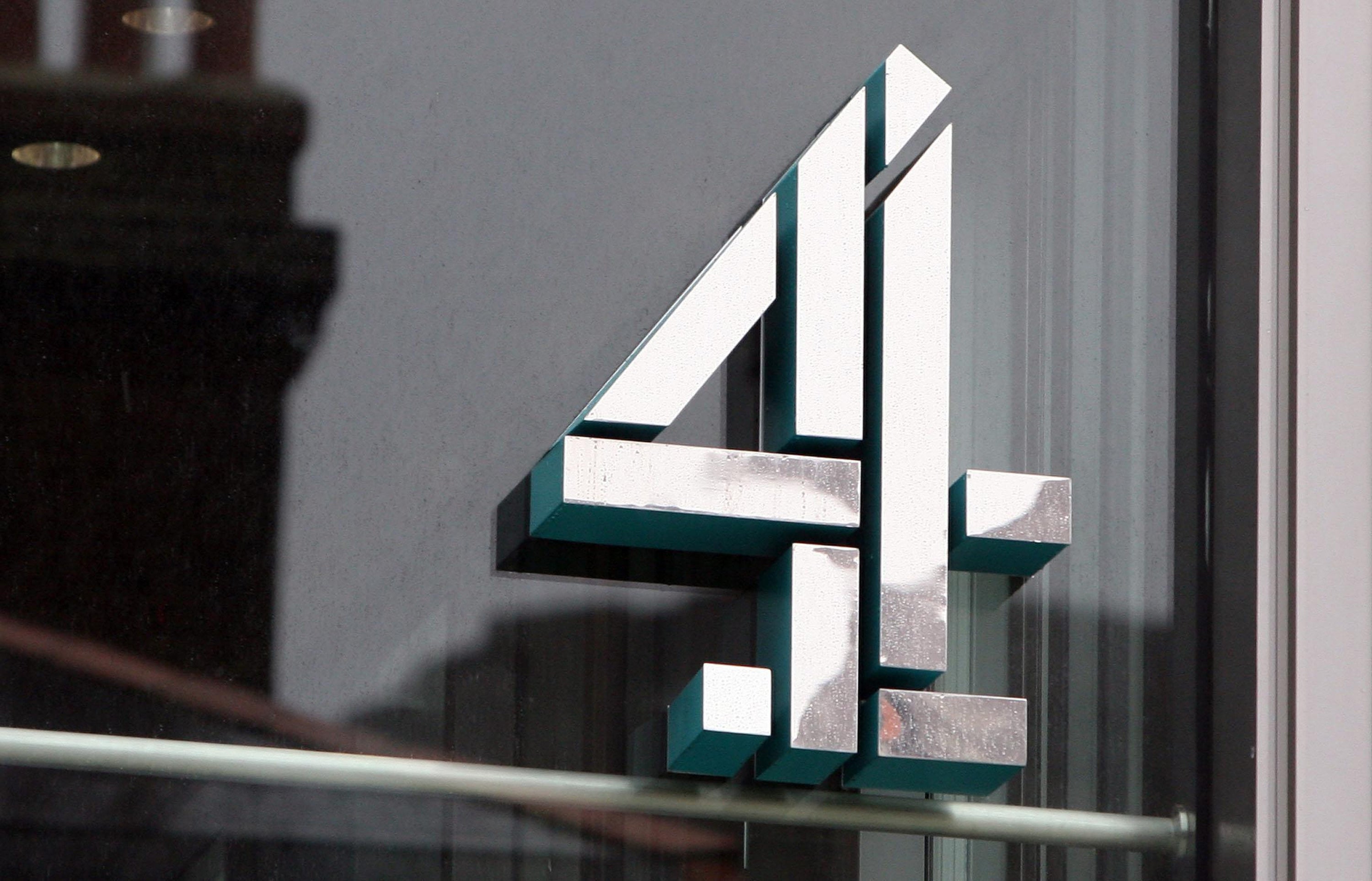Arts minister says change of ownership is ‘right thing for Channel 4’
Lord Parkinson was quizzed on the privatisation of the broadcaster during a DCMS Committee session on Tuesday.

A change of ownership is the “right thing for Channel 4” in order for it to compete against the “thriving independent sector”, an arts minister has said.
Lord Parkinson of Whitley Bay, under secretary of the Department of Digital, Culture, Media and Sport (DCMS), was quizzed on the privatisation of the broadcaster during a DCMS Committee session on Tuesday.
While defending the Government’s decision to sell off Channel 4, he said: “Change of ownership is the right thing for Channel 4, because it helps it to have the investment that it needs in order to compete against a thriving independent sector.
“Channel 4 was set up before I was born to help stimulate commissioning from the independent sector, it has done that brilliantly, so well that we have a really thriving independent production sector.”
He cited the growth of streaming platforms as one of the key reasons for the broadcaster’s privatisation, adding: “The cost of those independent productions is going up because there’s such appetite from the Netflixs, the Amazons and others.
“And that’s why we need to look at the next 40 years of Channel 4 and make sure that it has the investment, the access to the cash that it needs to continue to do that for the next generation.”
When challenged by Labour MP Kevin Brennan – who suggested the minister was saying Channel 4 is “too successful, so you want to privatise it”- Lord Parkinson echoed comments previously made by Culture Secretary Nadine Dorries.
He said: “Those smaller independent production companies, which are privately owned, are in such demand from companies like Netflix and Amazon and global streaming companies that the costs that they can charge are going up. We need to make sure that our public service broadcasters have the means to be able to afford continuing to commission brilliant, independent British productions from across the UK.
“As Mr Brennan says, Channel 4 is doing very well. That’s why it is an attractive asset to any buyer.
“But we’re looking not just at now, but the years ahead, to make sure that it continues to still have the means to be able to do that and compete.”
Ms Dorries previously tweeted that she wanted the broadcaster to remain a “cherished place in British life”, but felt Government ownership was “holding Channel 4 back from competing against streaming giants like Netflix and Amazon”.
She said: “I will seek to reinvest the proceeds of the sale into levelling up the creative sector, putting money into independent production and creative skills in priority parts of the country – delivering a creative dividend for all.”
Lord Parkinson also defended the department, saying “the DCMS is taken seriously across Government” and is “growing in its output”.
When asked why a number of DCMS staff are continuing with remote working, Lord Parkinson said he feels “much less impolite” asking staff members to attend meetings from home rather than asking them to travel to Whitehall.
He added: “It’s a very convenient way of working.”